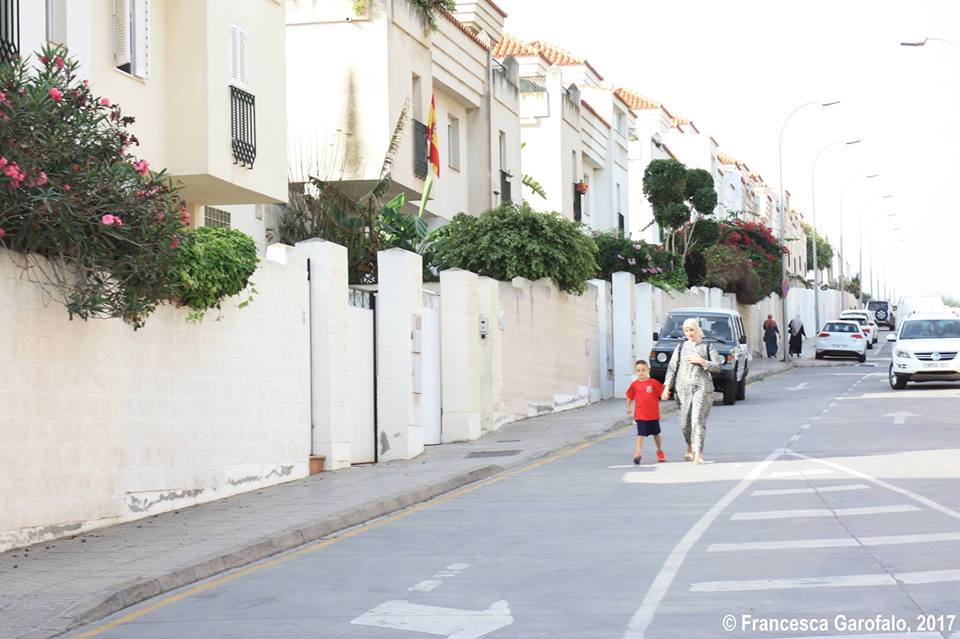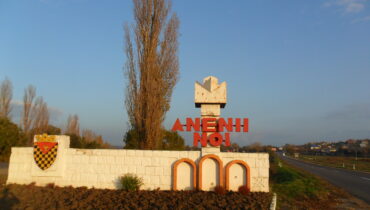From Syria to Spain: Syrian migration to Europe via the Western Mediterranean route between 2015 and 2017
1 December 2017

As of 31 October, the country recorded 21,304 irregular entries, twice
as many as the same period in 2016. © REACH/2017
In 2017, more than 20,000 refugees and other migrants reached Spain via the Western Mediterranean route, three times as many compared to yearly arrivals between 2007 and 2015. They are travelling from the Middle East, mostly from Syria and often with family. Little is known, however, about the reasons why Syrians increasingly reach Spain and the risks they face throughout the journey.
With the newly released study From Syria to Spain, REACH and the Mixed Migration Platform shed light on Syrian migration to Spain, exploring the reasons for which Syrians have increasingly arrived in Spain, the protection concerns faced in transit countries, as well as their intentions once arrived in Spain. The study is based on in-depth, semi-structured qualitative interviews, with 60 Syrians who arrived in Spain between 2015 and 2017.
The results of the study highlight that Syrians who reach Spain did not initially intend to go to Europe or Spain when they left home. They usually spent years in the MENA region, notably Lebanon, Turkey, Morocco and Algeria, attempting to build a better life there. However, they were unable to do so due to a lack of access to documentation, labour exploitation and overall deterioration of the living conditions in the region, which pushed them to migrate to Europe and Spain in particular. They entered Spain through both irregular routes from North Africa and legal pathways, namely resettlement from Lebanon or Turkey, or relocation from Greece.
In the case of irregular migration, Spain was chosen as destination mainly because the route through Libya was considered more dangerous and because information on the irregular route to Spain was more easily accessible, especially in Morocco and Algeria. Very little information on legal pathways to reach Spain is available in the region and Syrians who reached Spain through legal pathways were not able to choose their destination at first, but accepted to go to Spain once they were offered to participate in the resettlement or relocation scheme. Irregular journeys are reportedly more lengthy, dangerous, and expensive compared to legal pathways. Contrary to widespread assumptions, the majority of Syrians interviewed did not intend to transit to other EU countries from Spain a priori. Rather, individuals reported being open to stay in Spain, provided they can build a life in the country.
This study therefore opens up important questions on the increase in arrivals to Europe via the Western Mediterranean route also beyond Syrians, the life of asylum seekers and other migrants in Spain, but also in Morocco and Algeria. REACH will continue to monitor the situation for refugees and other migrants in the wider Mediterranean region to inform policy decision making and humanitarian responses on the ground.
Access REACH From Syria to Spain in full at this link.










